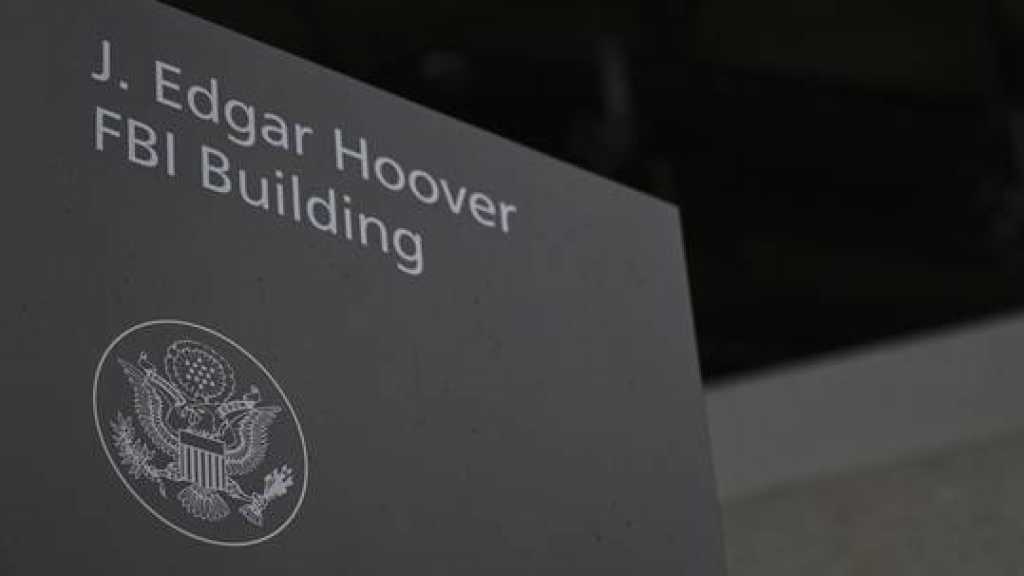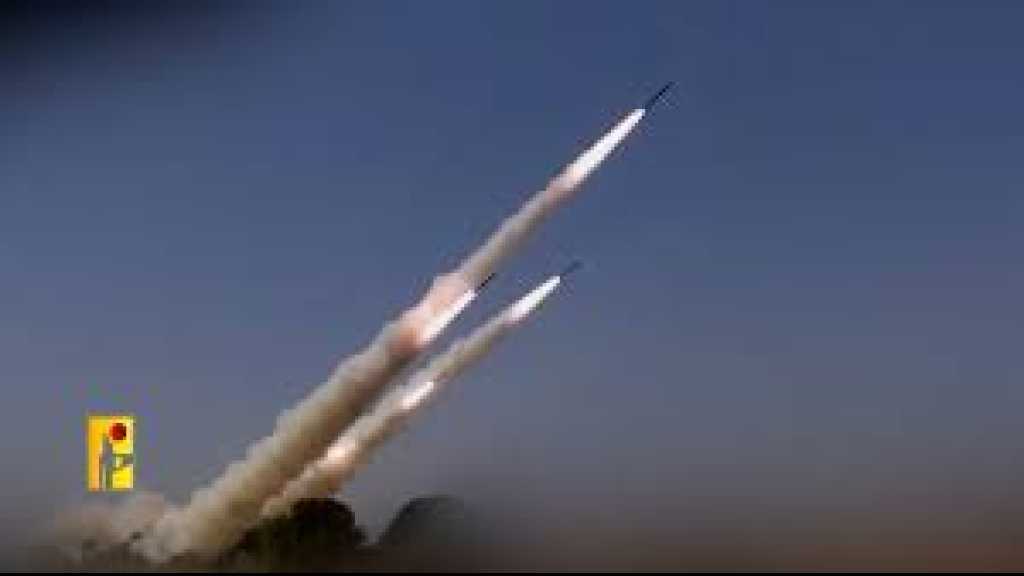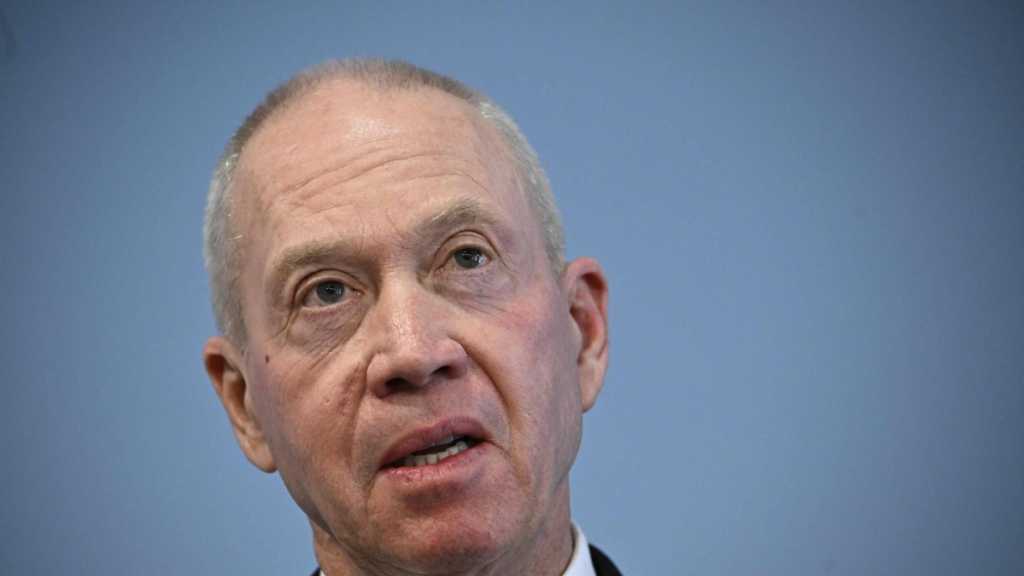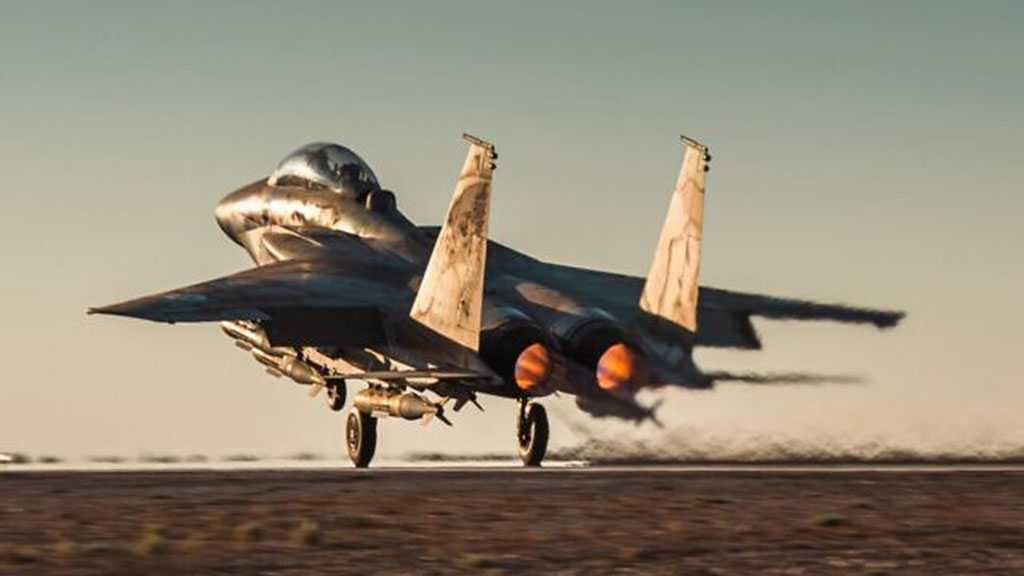Eye on the Enemy:Ashkenazi: War against Hizbullah a Matter of Time

Ashkenazi: War against Hizbullah is a Matter of Time
Nana10.co.il
Ex- army chief of staff, Gabi Ashkenazi said during a speech he delivered in Tel Aviv on Thursday, that another round of fighting against Hamas or Hizbullah is probably a matter of time.
""Israel" must be prepared in advance to end the fighting as quickly as possible," he said.
"We need to know all the secrets of Hamas and Hizbullah so they won't surprise us. We must obtain high capacity to score accurate hits, otherwise we will be hauled off to a field we do not know," explained the former chief of staff.
"If we weren't able to cause serious damage and to strike them accurately from the sky and the land, then it would be difficult to steamroll them."
He said that "last year's changes have been influencing "Israel's" neighbors - whether in Egypt, Syria or Lebanon."
"I do not think Mubarak was a Zionist, but you cannot ignore the fact that he was an anchor of stability. I do not miss Mubarak, but the sense of losing a stable regime is not a very good change for us," he stressed.
"I'm for all regimes to be democratic, maybe someday it'll happen. Until then, we have to be careful. Our relationship with the Egyptian army is good. There were meetings between the two armies and there will be others. We can develop common interests in Sinai or elsewhere, and this cooperation must go on."
In Ashkenazi's opinion, al- Assad's regime is not taking its last breaths.
"The situation in Syria will keep on going. In contrast to Egypt, it will not end - so quickly. The army is fighting for his life there,"he explained.
However, Ashkenazi claimed that "any changes in Syria - whether Assad remains in power or leaves it - will harm Syria's support for Hizbullah."
"I think Syria is a chance. I'm on the side of those who think that after al-Assad is ousted, no government will ever have warm ties with Iran and Hizbullah as the al-Assad's one," the "Israeli" official noted.
"This is affecting (Sayyed) Nasrallah's policies. It's not true that the main arms supplier to Hizbullah is Iran. Syria is the main supplier, the money comes from Iran. I do not think things will be the same anymore," Ashkenazi concluded.
ــــــــــــــــــــــــــــــــــــــــــــ
Tzachi Hanegbi: Odds of Conflict with Hizbullah, Very High
Jpost- Tzachi Hanegbi (Chairman of the Foreign Affairs and Defense Committee at the Knesset)
The recent battle in the cabinet over the "defense" budget ended in a typical compromise: Ministry of Finance was able, after several years of futile attempts, to push the Ministry of "Defense" to approve on effective mechanisms of transparency and control.
For its part, the Ministry of "Defense" prevented the adoption of Trajtenberg Committee recommendation to impose significant cuts and switch the resources to the social field -such as free education to toddlers.
But the main question has not been yet answered: is the current "defense" budget sufficient enough to meet the strategic growing threats to "Israel" in several arenas?
My answer to this question is clear: there is a certain need to increase the military budget in a way that will reflect the dramatic changes occurring in the Middle East since July 2007, when the cabinet approved the recommendation of Brodet committee regarding the military budget.
In the first half of 2007, when Brodet committee was formed, the US still controlled Iraq; Iran had not scored any technological progress regarding the nuclear weapons; the Lebanese government was linked to the West and opposed Iran and Hizbullah publically; Egypt was stable and its policy was pro-American; the Sinai Peninsula didn't pose a challenge to "Israel" in the fields of intelligence or operations; and Gaza strip was ruled by the PA headed by Mahmoud Abbas.
After five years, the route changed. The US military withdrawal from Iraq paved the way to an enormous struggle for the control of the country.
From this chaos, Iranians emerge as winners and "Israel" finds itself once again facing the threats of the East. Preparing for this change requires a significant investment of resources.
As for the nuclear issue, Iran currently possesses enough enriched uranium that allows it to amass a number of nuclear war heads in a short period of time, once it decides to enrich the uranium to the level required for a bomb.
From now on, its situation will be similar to that of North Korea. When the latter obtained nuclear weapons, it attained immunity from any military action.
At present, Iran is avoiding conflict, but its recent activities at the secret site of Fordo, next to the Holy city of Qum, are evidence of Iran's determination.
Let's assume that the sanctions won't restrain Iran from having nuclear weapons, and the US won't launch an attack on Iranian nuclear facilities, then the final dilemma will end up in the laps of the "Israeli" leadership.
Any decision taken by "Israeli" leaders- whether accepting a nuclear Iran or launching an attack-will cost a high economic price.
The developments in Lebanon reflect a major deterioration in the possible scenarios for a conflict in the north.
Saad Hariri has been exiled and Najib Mikati, who replaced him as prime minister, takes his orders from Hizbullah. The Secretary General of Hizbullah (Sayyed) Hassan Nasrallah and his allies have a direct influence on the army and the Lebanese security forces. The odds of finding ourselves in a war with Hizbullah and the LAF are very high. Although it's not a huge army, and it's not well-experienced or well-equipped, this scenario had not been applied in the army's northern from drills for decades.
Source: Hebrew Newspapers, Translated and Edited by moqawama.org




